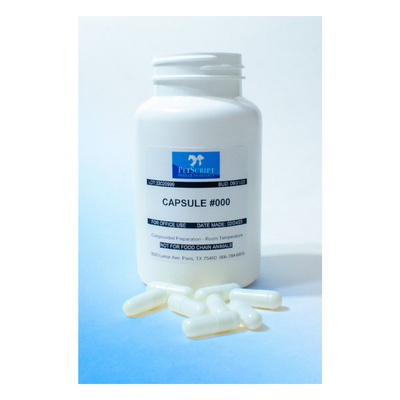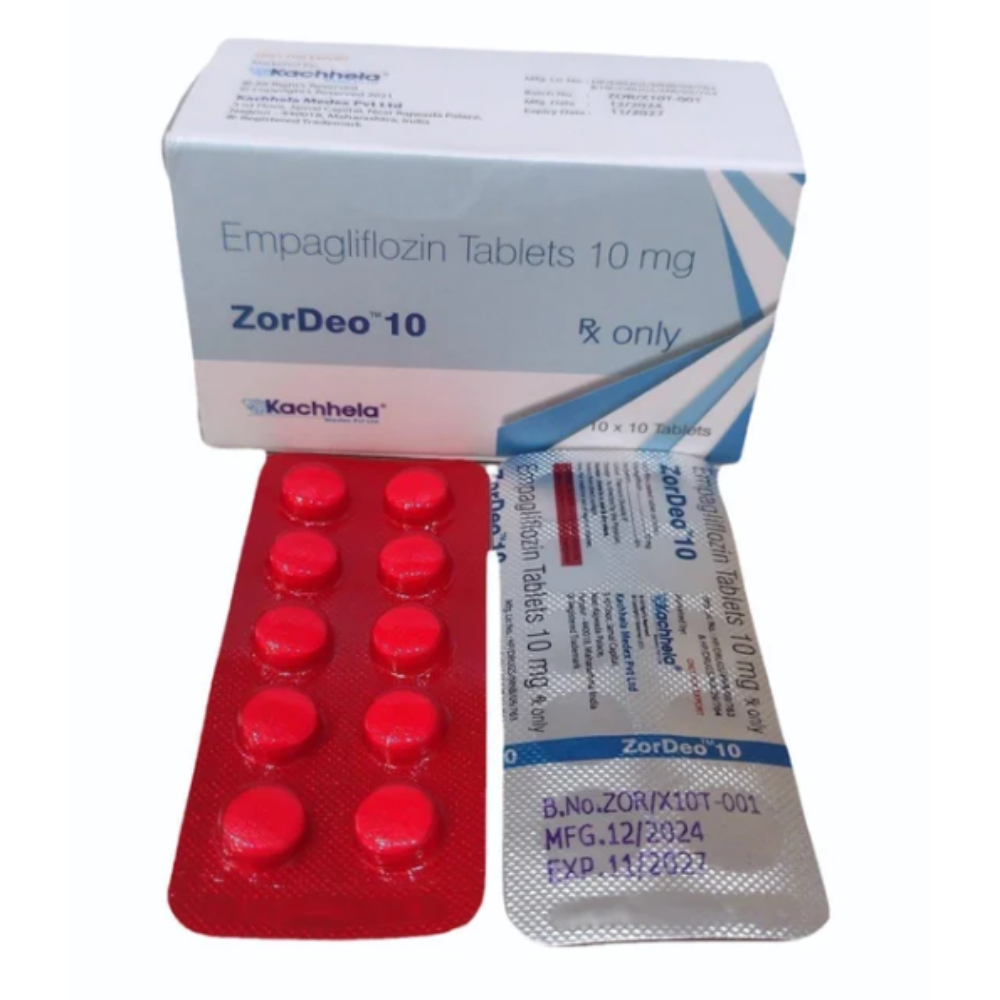fenbendazole: Future Research in Veterinary Oncology and Beyond
Wiki Article
Recognizing the Perks and Uses of Fenbendazole in Vet Medicine
Fenbendazole has actually established itself as an essential anthelmintic in veterinary medication. Its capability to target numerous parasitic infections makes it an important tool for vets. The drug's mechanism disrupts crucial mobile procedures in parasites, causing reliable treatment results. Nonetheless, its safety profile varies in between species, requiring cautious factor to consider in its usage. Recognizing these dynamics can lose light on fenbendazole's broader effects in vet care and recurring research into its prospective past conventional applicationsDevice of Activity of Fenbendazole

Common Parasitic Infections Dealt With With Fenbendazole
A selection of parasitical infections are successfully treated with fenbendazole, making it a flexible option in vet medication. This anthelmintic representative is especially reliable against nematodes, including roundworms and hookworms, which commonly influence pets and felines. It is additionally used for the therapy of cestodes, such as tapeworms, supplying a wide spectrum of action versus both sorts of digestive parasites. Additionally, fenbendazole is useful in managing infections brought on by protozoa, especially Giardia, which can lead to stomach distress in animals. Its efficiency reaches dealing with particular lungworms in canines and felines, addressing breathing health issues linked to these bloodsuckers. Overall, fenbendazole's capability to target multiple parasitical types makes it a useful device in veterinary technique, guaranteeing the health and wellness and well-being of pet dogs affected by these typical infections.Safety and Efficacy in Different Pet Variety
The safety and efficiency of fenbendazole vary among various pet varieties, underscoring the importance of species-specific considerations in veterinary medication. In canines, fenbendazole is typically well-tolerated and efficient against a variety of stomach parasites, including roundworms and hookworms. For felines, nonetheless, its usage is less typical and might require careful application as a result of prospective adverse reactions.In livestock, such as cattle and sheep, fenbendazole demonstrates efficiency versus different endoparasites, adding to enhanced health and wellness and efficiency. The pharmacokinetics and possible side impacts can differ significantly between types, demanding mindful analysis by veterinarians.
Equines likewise respond positively to fenbendazole, specifically for dealing with strongyles and ascarids, though dose and management routes need to be tailored to their special physiology. As a result, recognizing these distinctions is crucial for optimizing therapy end results and guaranteeing pet welfare across diverse types.
Management and Dose Standards
Proper administration and dose guidelines are important for optimizing the restorative impacts of fenbendazole while minimizing possible negative effects. The dose commonly differs depending upon the species being treated, the particular condition, and the formulation of fenbendazole used. fenbendazole. For dogs and pet cats, an usual dosage is 50 mg/kg body weight, administered once daily for three consecutive days, yet veterinarians might adjust this based upon specific health analysesIt is vital to administer fenbendazole with food to enhance absorption and lessen intestinal distress. The drug is offered in various kinds, consisting of granules and paste, permitting versatile administration alternatives. Keeping track of the pet's reaction during and after treatment is advisable to verify efficacy and safety. In addition, veterinary guidance is vital to establish the proper duration of therapy based on the kind of parasitical infection being attended to, assuring suitable outcomes for the animal's wellness.
Future Point Of Views and Research on Fenbendazole
Research study on fenbendazole remains to evolve, focusing on its potential applications past typical antiparasitic uses. Current research studies have actually explored its performance in dealing with different kinds of cancer cells, especially in vet oncology. Preliminary information suggest that fenbendazole might prevent the development of lump cells and boost the impacts of other chemotherapeutic representatives.look at here Researchers are investigating its duty in taking care of gastrointestinal conditions in animals, highlighting its anti-inflammatory properties. The flexibility of fenbendazole for various species questions concerning its safety accounts and ideal dosing regimens in varied populations.
As passion grows, there is a requirement for extensive professional trials to develop evidence-based guidelines for these novel applications. Future study might also check out the systems behind fenbendazole's results, possibly leading the way for cutting-edge restorative strategies in veterinary medication. The recurring expedition of fenbendazole can greatly enhance therapy alternatives for numerous vet conditions.

Often Asked Concerns
Is Fenbendazole Safe for Pregnant Animals?
The safety and security of fenbendazole for pregnant pets remains uncertain. While some studies suggest very little danger, vets commonly suggest caution and often discourage its usage throughout pregnancy unless the benefits clearly exceed potential dangers.Can Fenbendazole Be Made Use Of in Livestock?
Fenbendazole is frequently utilized in animals to deal with different parasitic infections. fenbendazole 444. Its efficacy versus gastrointestinal worms makes it an important anthelmintic, adding to enhanced health and productivity in animals elevated for food and fiberWhat Are the Negative Effects of Fenbendazole?

The adverse effects of fenbendazole might consist of gastrointestinal disturbances, sleepiness, and allergies. In unusual instances, much more extreme reactions can you could check here occur, demanding mindful tracking and examination with a vet during treatment.
How Does Fenbendazole Contrast to Various Other Dewormers?
Fenbendazole provides broad-spectrum efficiency against various bloodsuckers, often contrasting favorably to other dewormers. Its unique device targets different life phases, making it reliable, while generally providing a positive security profile compared to alternatives readily available on the market.Can Fenbendazole Be Utilized for Treating Cancer in Pet Dogs?
The potential of fenbendazole in treating cancer cells Check Out Your URL in pet dogs has actually amassed rate of interest. Initial researches recommend it may inhibit cancer cells cell development, yet additionally research is necessary to confirm its efficacy and security in vet oncology.Report this wiki page